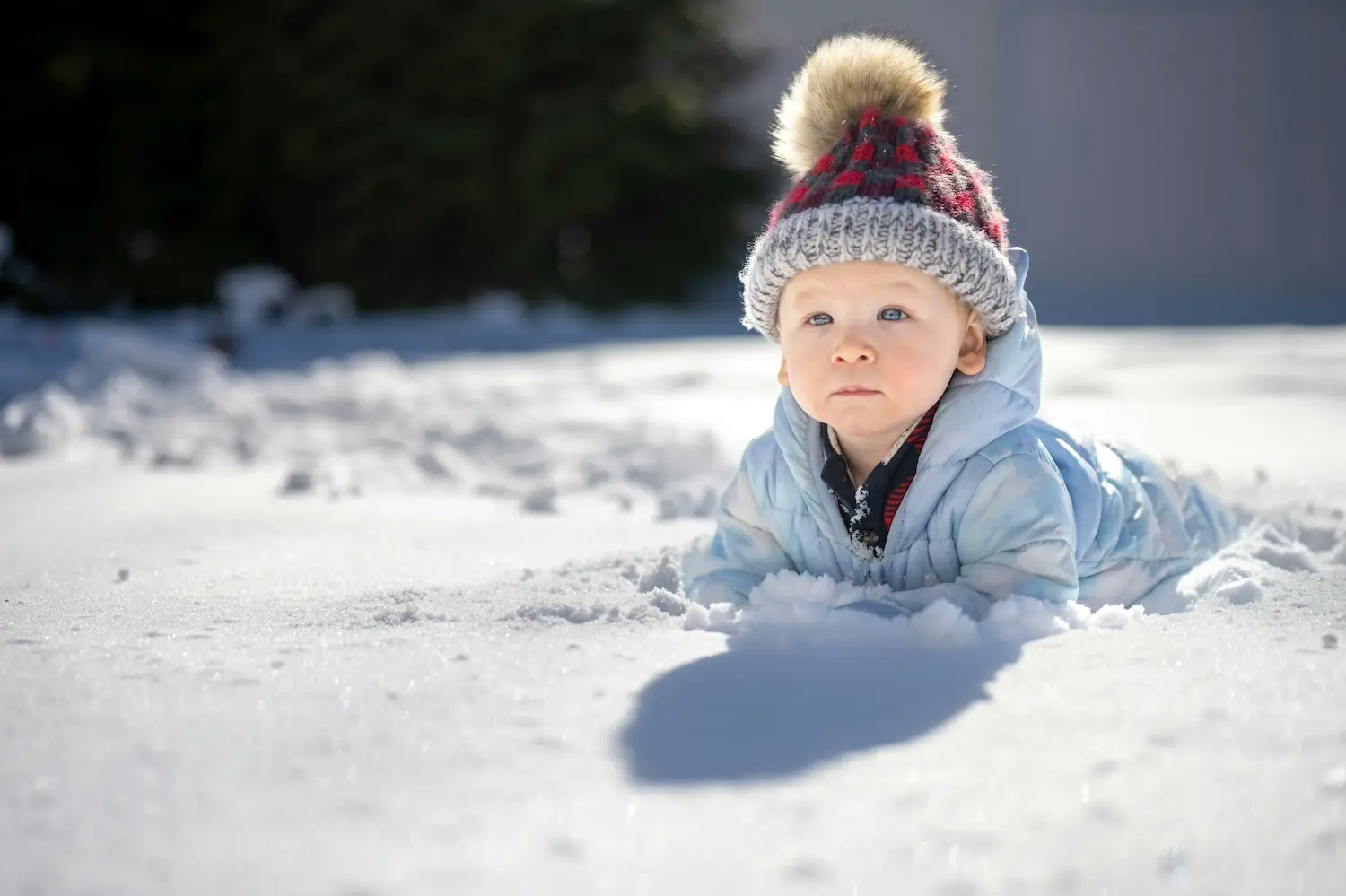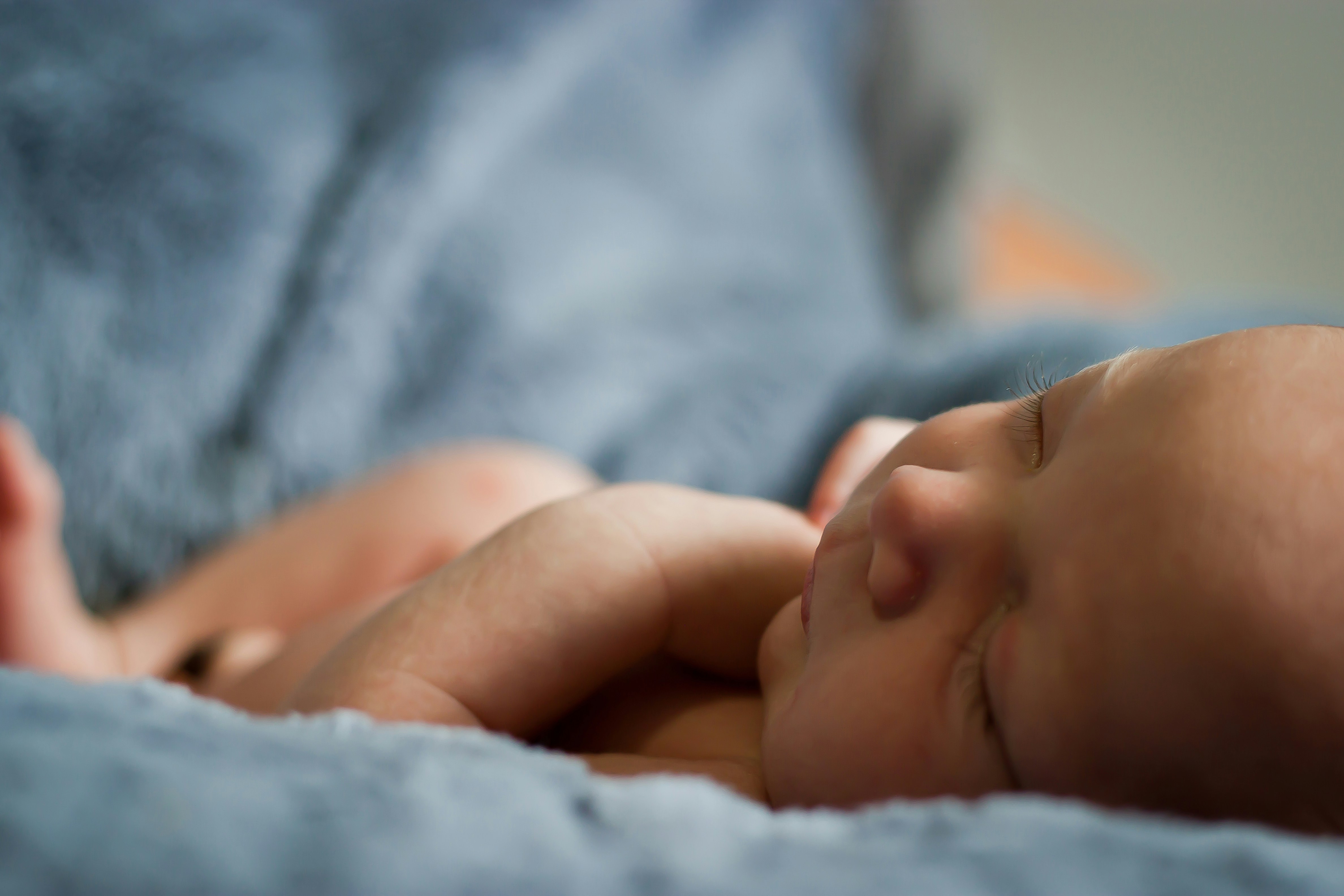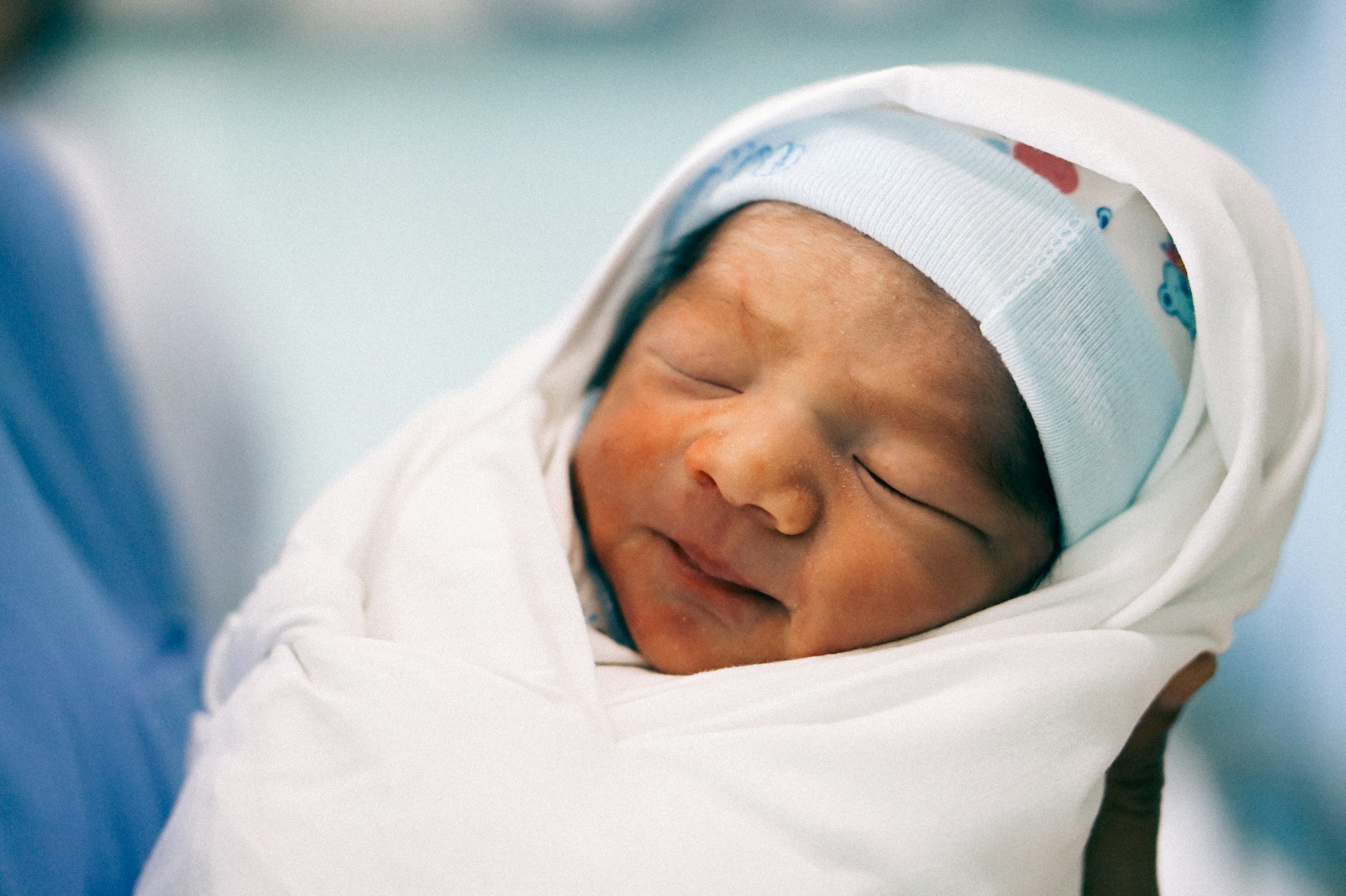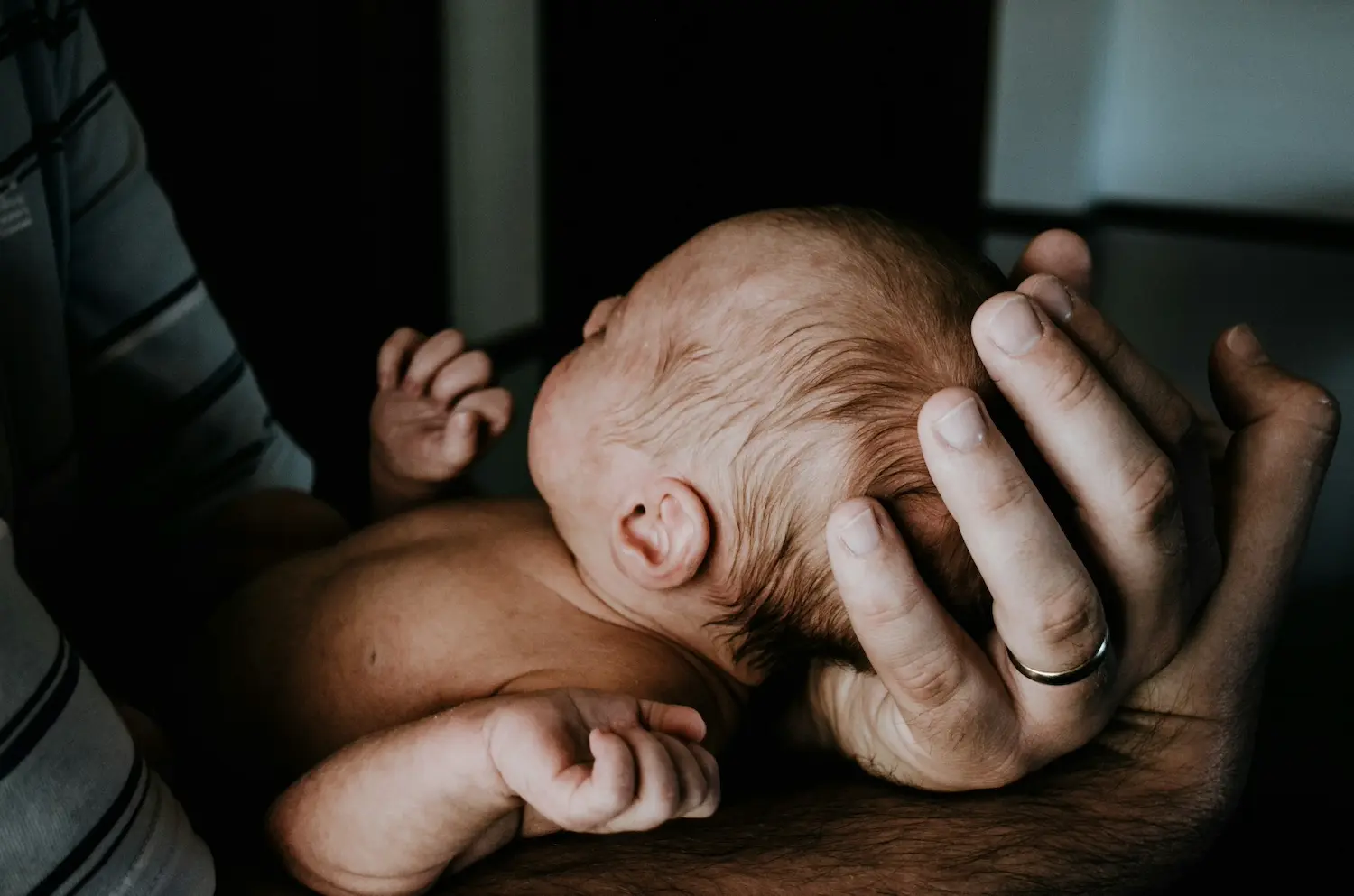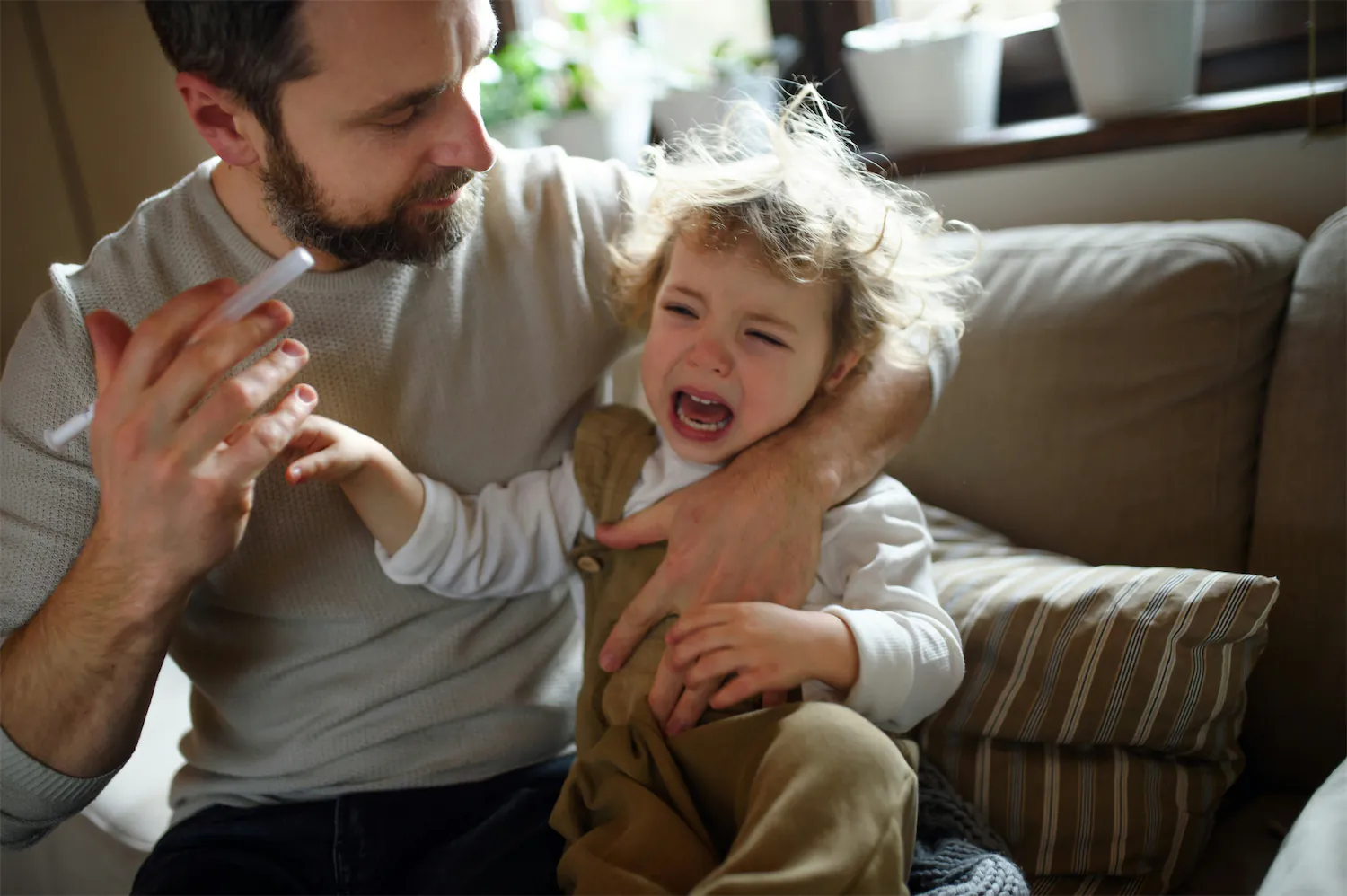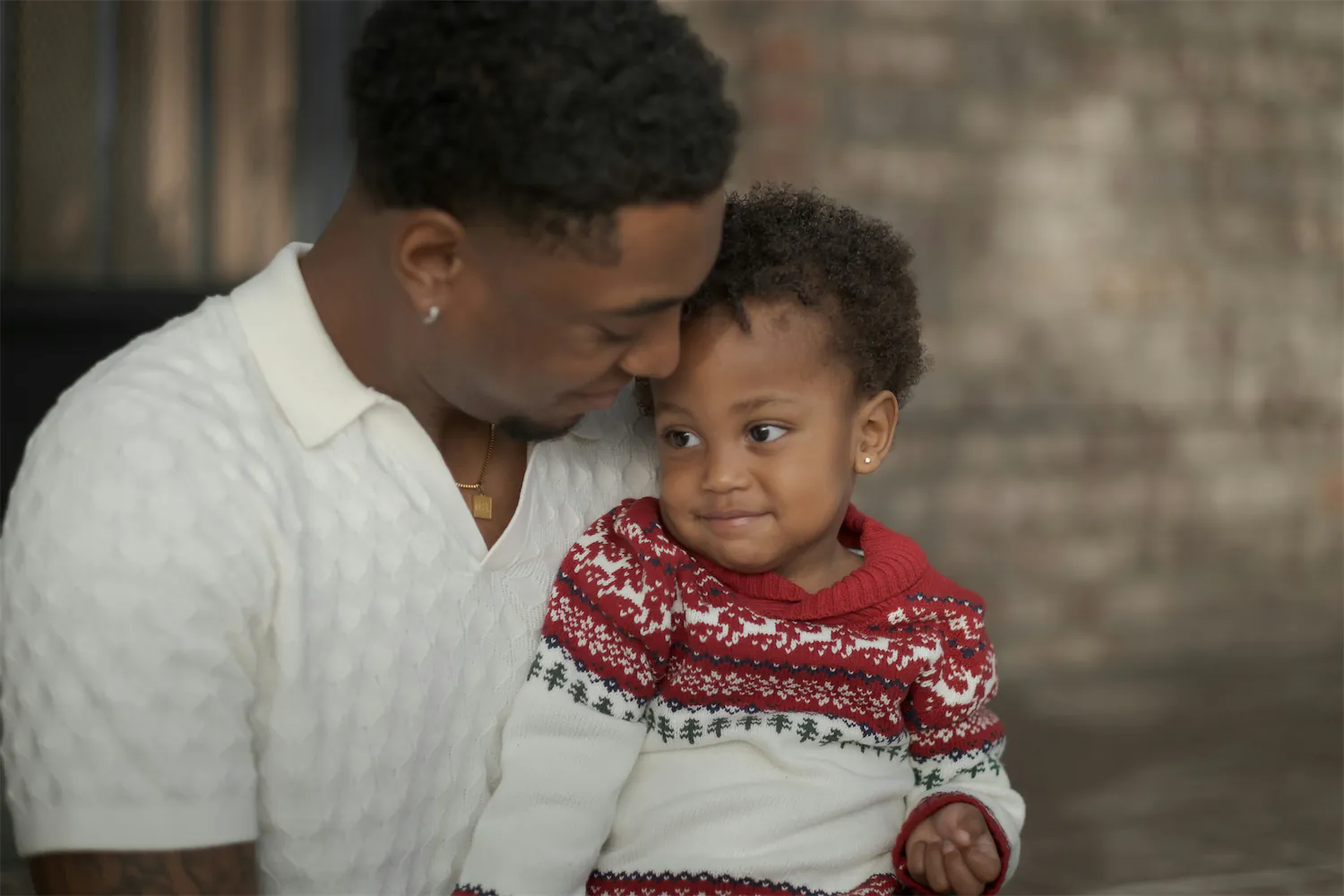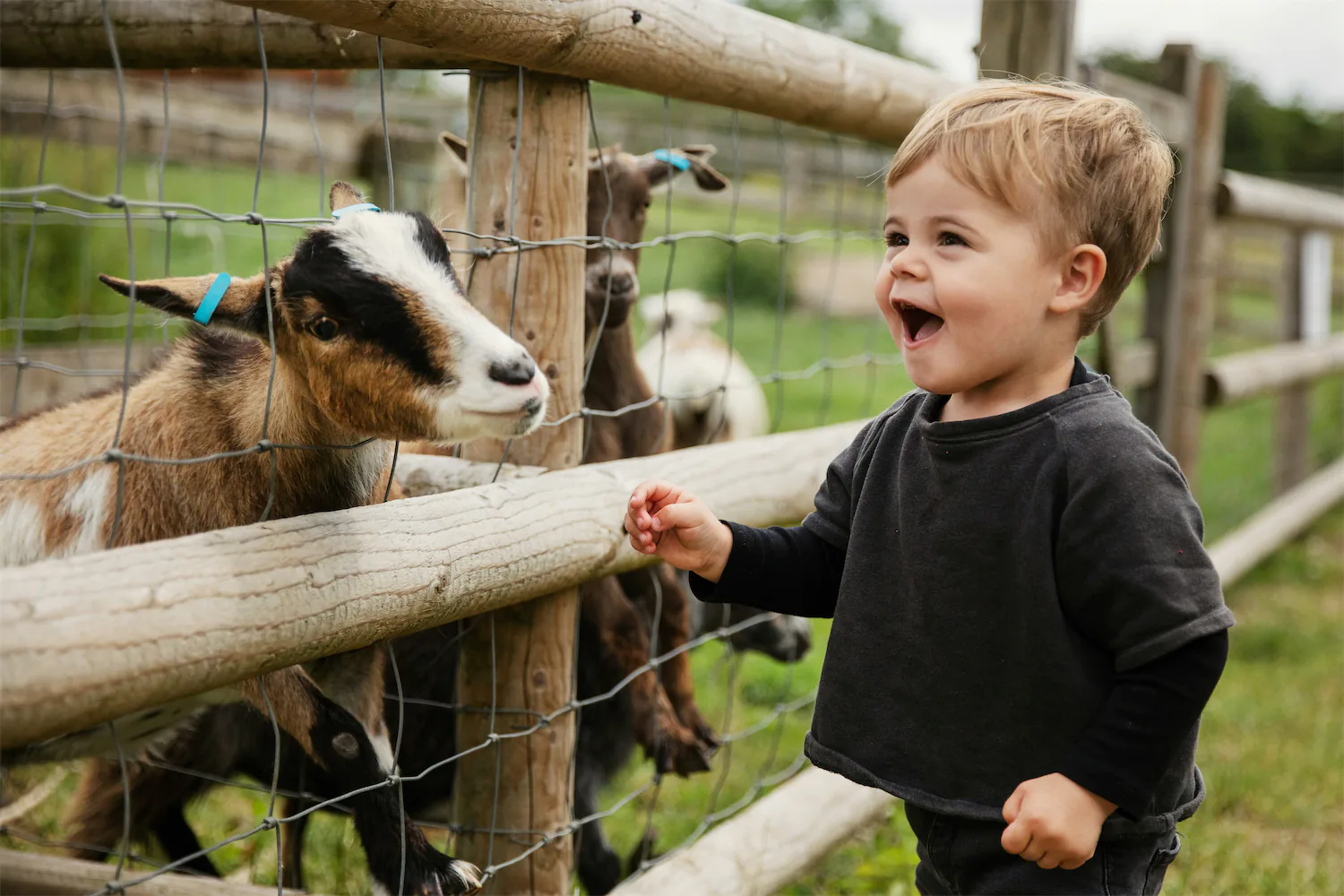Heat-related illness: What is heat stroke in newborns and how to prevent it
Heat-related illness: What is heat stroke in newborns and how to prevent it
Anyone can experience a heat-related illness, but babies and young children are at higher risk for heat exhaustion, heat stroke, and other heat-related illnesses. The good news is that heat-related illnesses are preventable, even when the temperatures rises outdoors. Get medical help right away if your baby or child is showing signs of a heat-related illness.
Anyone can experience a heat-related illness, but babies and young children are at higher risk for heat exhaustion, heat stroke, and other heat-related illnesses. The good news is that heat-related illnesses are preventable, even when the temperatures rises outdoors. Get medical help right away if your baby or child is showing signs of a heat-related illness.

Megan N. Freeland, PharmD
Content Writer

Dr. Marcy Borieux
Pediatrician
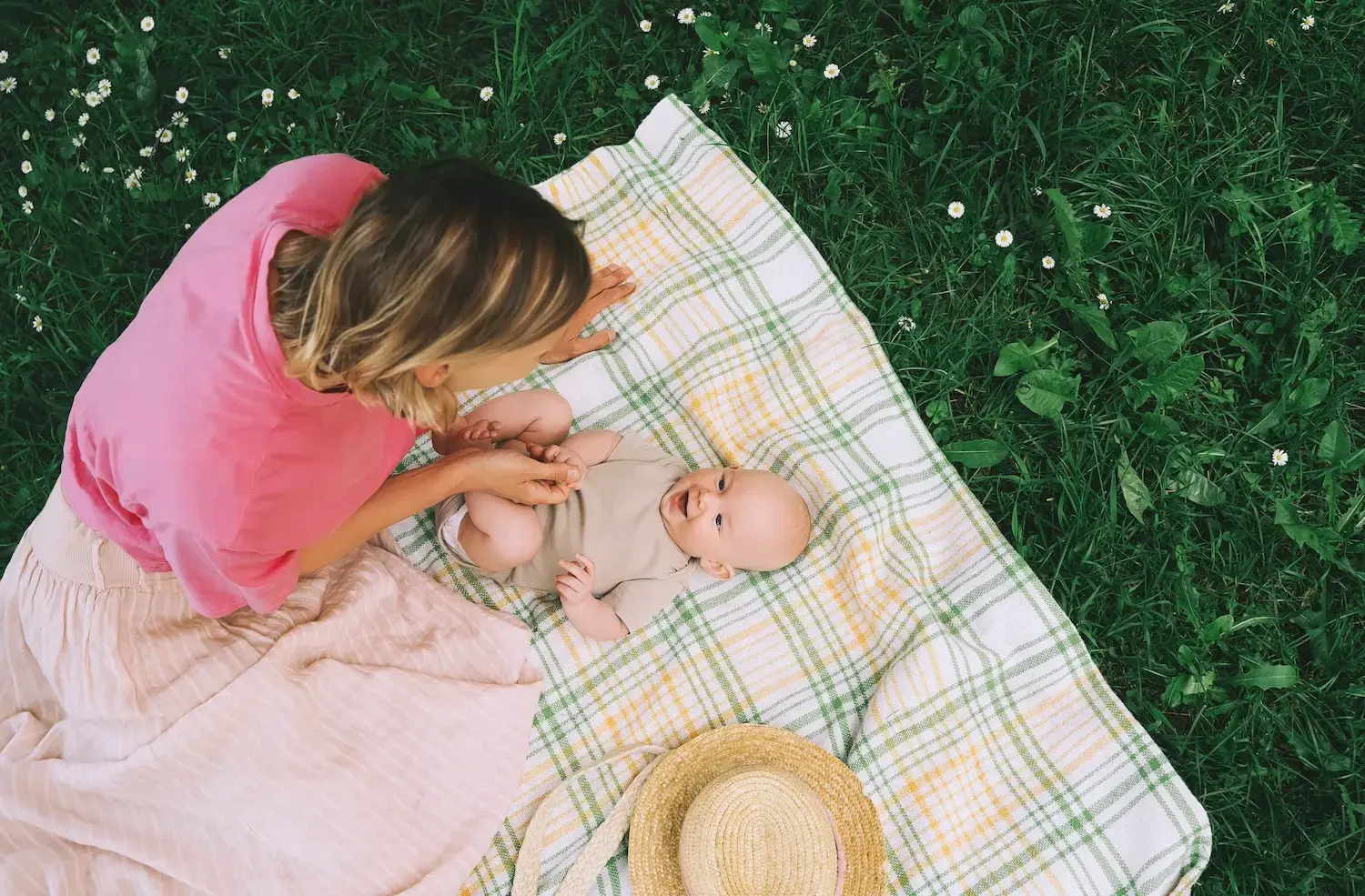


What are heat-related illnesses?
Heat-related illnesses are conditions caused by high temperatures from hot weather or extreme heat. These conditions include:
Heat rash: A heat rash can occur when a baby’s sweat glands are blocked. Heat rash — also known as prickly heat or miliaria — usually occurs on a baby’s face, neck, groin, elbow creases, or upper body.
Heat cramps: Heat cramps are the mildest form of heat illness and are a sign of heat exhaustion. Heat cramps are painful muscle cramps that occur due to high activity and dehydration in hot settings.
Heat exhaustion: Heat exhaustion happens when your baby’s body overheats. It is an early warning sign that, unless treated, a heat stroke may follow.
Heat stroke: Also called “sunstroke”, a heat stroke is a medical emergency that happens when your baby’s body temperature is higher than 104°F.
Heat cramps and heat exhaustion should be taken seriously since they are early warning signs of a possible heat stroke, which can happen if your baby is not removed from the heat and given fluids right away.
What causes heat exhaustion and heat stroke?
Heat exhaustion and heat stroke can be caused by:
Exposure to high temperatures or extreme heat
Dehydration (not getting enough fluids)
According to the CDC, “infants and young children rely on others to keep them cool and hydrated when it’s hot outside.” It’s easy for newborns to overheat or become dehydrated because their bodies are still developing. Newborns aren’t born with the ability to keep their core body temperature consistent. This means their core body temperature depends more on the temperatures around them.
When exposed to high heat, your baby may want to nurse or drink formula more often. Keeping your baby well-hydrated will help them stay cool. However, limiting your baby's time spent in hot temperatures is also important and a good way to prevent heat illness.
Signs of heat exhaustion and what to do
Signs and symptoms of heat exhaustion include:
High body temperature (100-104°F)
Pale skin that feels cool or clammy
Increased thirst
Nausea or vomiting (If your baby is vomiting, get medical help immediately.)
Irritability
Fatigue
If your baby shows any of these signs or symptoms:
Move them to a cool place
Remove extra layers of clothing or tight clothing
Provide breastmilk or infant formula
Wet a washcloth with cool — not cold — water and gently pat your baby's forehead or fan them with the washcloth. (Never put your baby in cold or icy water.)
If your baby's symptoms last for longer than an hour, get medical help. Although heat exhaustion is not the same as a heat stroke, sometimes it can be hard to tell which is which. If you are unsure, don’t hesitate to get medical help.
If your baby's symptoms last for longer than an hour, get medical help. Although heat exhaustion is not the same as a heat stroke, sometimes it can be hard to tell which is which. If you are unsure, don’t hesitate to get medical help.
Signs of heat stroke and what to do
Signs and symptoms of heat stroke include:
Body temperature greater than 104°F
Hot skin that may be dry or wet
Lethargy, deliriousness, or being less alert
Nausea, vomiting, or diarhea
Fast heartbeat or breathing
Seizures
Remember that heat stroke is a medical emergency. If your baby shows any of these symptoms, get medical help immediately. While waiting for emergency help, move them to a cool place.
How do I prevent heat stroke and heat exhaustion?
Heat-related illnesses are preventable. Here are some tips to keep your baby cool and safe:
Help them stay hydrated: Ensure your baby stays well-hydrated with breastmilk or formula. Dehydration makes it harder for them to regulate their core body temperature and can lead to serious heat-related illnesses like heat exhaustion or heat stroke.
Dress them in light, loose clothing: Dress your baby in light-colored, loose-fitting clothing to keep them cool while protecting them from the sun. Use sunscreen and wide-brimmed hats, and avoid multiple layers.
Limit sun and heat exposure: Babies under 6 months should have limited exposure to heat and direct sunlight. When outdoors, young babies are better off in shaded areas to prevent overheating.
Monitor stroller and car seat time: Be cautious about how long your baby spends in a stroller or car seat on sunny or hot days, as these small spaces can heat up quickly. Use the built-in shade on strollers, but avoid covering strollers or car seats with blankets, which can trap heat.
Never leave your baby alone in a car: Regardless of the outside temperature, never leave a baby or young child unattended in a car.
Contact your local pediatrician or a Summer Health pediatrician for specific advice on preventing heat illness in your baby.
What are heat-related illnesses?
Heat-related illnesses are conditions caused by high temperatures from hot weather or extreme heat. These conditions include:
Heat rash: A heat rash can occur when a baby’s sweat glands are blocked. Heat rash — also known as prickly heat or miliaria — usually occurs on a baby’s face, neck, groin, elbow creases, or upper body.
Heat cramps: Heat cramps are the mildest form of heat illness and are a sign of heat exhaustion. Heat cramps are painful muscle cramps that occur due to high activity and dehydration in hot settings.
Heat exhaustion: Heat exhaustion happens when your baby’s body overheats. It is an early warning sign that, unless treated, a heat stroke may follow.
Heat stroke: Also called “sunstroke”, a heat stroke is a medical emergency that happens when your baby’s body temperature is higher than 104°F.
Heat cramps and heat exhaustion should be taken seriously since they are early warning signs of a possible heat stroke, which can happen if your baby is not removed from the heat and given fluids right away.
What causes heat exhaustion and heat stroke?
Heat exhaustion and heat stroke can be caused by:
Exposure to high temperatures or extreme heat
Dehydration (not getting enough fluids)
According to the CDC, “infants and young children rely on others to keep them cool and hydrated when it’s hot outside.” It’s easy for newborns to overheat or become dehydrated because their bodies are still developing. Newborns aren’t born with the ability to keep their core body temperature consistent. This means their core body temperature depends more on the temperatures around them.
When exposed to high heat, your baby may want to nurse or drink formula more often. Keeping your baby well-hydrated will help them stay cool. However, limiting your baby's time spent in hot temperatures is also important and a good way to prevent heat illness.
Signs of heat exhaustion and what to do
Signs and symptoms of heat exhaustion include:
High body temperature (100-104°F)
Pale skin that feels cool or clammy
Increased thirst
Nausea or vomiting (If your baby is vomiting, get medical help immediately.)
Irritability
Fatigue
If your baby shows any of these signs or symptoms:
Move them to a cool place
Remove extra layers of clothing or tight clothing
Provide breastmilk or infant formula
Wet a washcloth with cool — not cold — water and gently pat your baby's forehead or fan them with the washcloth. (Never put your baby in cold or icy water.)
If your baby's symptoms last for longer than an hour, get medical help. Although heat exhaustion is not the same as a heat stroke, sometimes it can be hard to tell which is which. If you are unsure, don’t hesitate to get medical help.
If your baby's symptoms last for longer than an hour, get medical help. Although heat exhaustion is not the same as a heat stroke, sometimes it can be hard to tell which is which. If you are unsure, don’t hesitate to get medical help.
Signs of heat stroke and what to do
Signs and symptoms of heat stroke include:
Body temperature greater than 104°F
Hot skin that may be dry or wet
Lethargy, deliriousness, or being less alert
Nausea, vomiting, or diarhea
Fast heartbeat or breathing
Seizures
Remember that heat stroke is a medical emergency. If your baby shows any of these symptoms, get medical help immediately. While waiting for emergency help, move them to a cool place.
How do I prevent heat stroke and heat exhaustion?
Heat-related illnesses are preventable. Here are some tips to keep your baby cool and safe:
Help them stay hydrated: Ensure your baby stays well-hydrated with breastmilk or formula. Dehydration makes it harder for them to regulate their core body temperature and can lead to serious heat-related illnesses like heat exhaustion or heat stroke.
Dress them in light, loose clothing: Dress your baby in light-colored, loose-fitting clothing to keep them cool while protecting them from the sun. Use sunscreen and wide-brimmed hats, and avoid multiple layers.
Limit sun and heat exposure: Babies under 6 months should have limited exposure to heat and direct sunlight. When outdoors, young babies are better off in shaded areas to prevent overheating.
Monitor stroller and car seat time: Be cautious about how long your baby spends in a stroller or car seat on sunny or hot days, as these small spaces can heat up quickly. Use the built-in shade on strollers, but avoid covering strollers or car seats with blankets, which can trap heat.
Never leave your baby alone in a car: Regardless of the outside temperature, never leave a baby or young child unattended in a car.
Contact your local pediatrician or a Summer Health pediatrician for specific advice on preventing heat illness in your baby.
References
Children’s Health. Know the signs of heat exhaustion and heat stroke in kids https://www.childrens.com/health-wellness/heat-stroke-symptoms-in-children
Better Health Channel. Heat-related health problems https://www.betterhealth.vic.gov.au/health/healthyliving/heat-stress-and-heat-related-illness
Red Cross. Learn first aid for a child who may have heat exhaustion https://www.redcross.org.uk/first-aid/learn-first-aid-for-babies-and-children/heat-exhaustion
Centers for Disease Control and Prevention. Heat and Infants and Children. https://www.cdc.gov/heat-health/heat-and-children.html
Children’s Health. Know the signs of heat exhaustion and heat stroke in kids https://www.childrens.com/health-wellness/heat-stroke-symptoms-in-children
Better Health Channel. Heat-related health problems https://www.betterhealth.vic.gov.au/health/healthyliving/heat-stress-and-heat-related-illness
Red Cross. Learn first aid for a child who may have heat exhaustion https://www.redcross.org.uk/first-aid/learn-first-aid-for-babies-and-children/heat-exhaustion
Centers for Disease Control and Prevention. Heat and Infants and Children. https://www.cdc.gov/heat-health/heat-and-children.html
Children’s Health. Know the signs of heat exhaustion and heat stroke in kids https://www.childrens.com/health-wellness/heat-stroke-symptoms-in-children
Better Health Channel. Heat-related health problems https://www.betterhealth.vic.gov.au/health/healthyliving/heat-stress-and-heat-related-illness
Red Cross. Learn first aid for a child who may have heat exhaustion https://www.redcross.org.uk/first-aid/learn-first-aid-for-babies-and-children/heat-exhaustion
Centers for Disease Control and Prevention. Heat and Infants and Children. https://www.cdc.gov/heat-health/heat-and-children.html
Summer Health offers fast and reliable pediatric urgent care through online doctors, all via text. Whether you’re worried about your baby's fever, rashes, or other children's health concerns, we provide expert advice and support anytime, right from your phone.

Never miss a post!
Sign up for our newsletter to receive articles and guides directly to your inbox!



